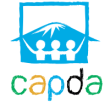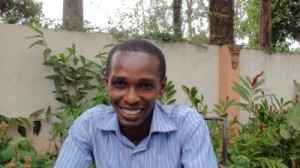The intention of these projects is to contribute in a small way to income-generation and self-sufficiency as well as providing a base for vocational learning. Children and young people with disabilities along with their families/carers are engaged in learning and skills development including: animal husbandry, carpentry, record keeping, nutrition awareness and problem solving. The support READ MORE
The intention of these projects is to contribute in a small way to income-generation and self-sufficiency as well as providing a base for vocational learning. Children and young people with disabilities along with their families/carers are engaged in learning and skills development including: animal husbandry, carpentry, record keeping, nutrition awareness and problem solving.
The support CAPDA provides enables:
- Construction of appropriate and secure animal shelters by local tradesmen
- Purchase of animals and start up food costs
- Training re animal raising and care
- Produce to augment usual nutrition
- Work towards sustainablity goals.


